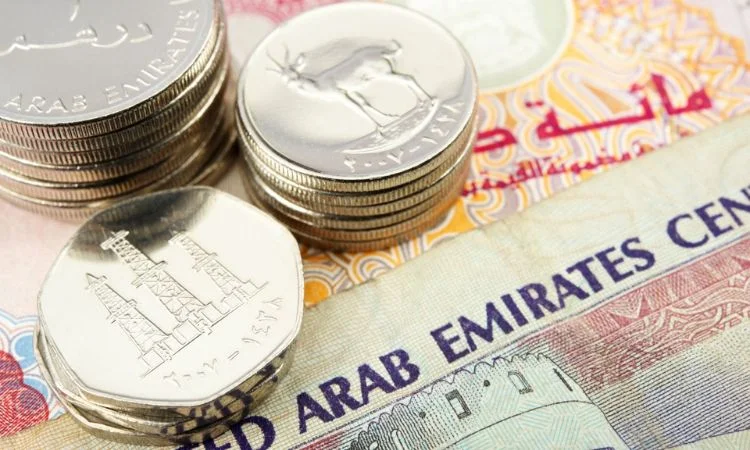Venture capital (VC) and private equity (PE) funding in the UAE are forecasted to exceed $2 billion by the end of 2024, reflecting more than a threefold surge compared to 2023’s estimated $638 million in tech startup funding. This growth, as experts highlight, is driven by a strong entrepreneurial climate across the UAE and the broader GCC region, with significant funding activity anticipated to persist through 2025. The recent reversal of interest rate hikes has enhanced the appeal of equity financing for investors.
UAE startups have raised approximately $690 million within the first nine months of 2024. This upswing underscores the region’s burgeoning attractiveness to global investors, fueled by promising growth prospects, supportive regulations, and an expanding technological landscape. Khaled Talhouni, Managing Partner at Nuwa Capital, remarked, “We expect funding to stabilize around the $2 billion mark in 2024 and then potentially accelerate in 2025 up to $2.5 billion.” He further noted that economic factors, including national budgets and oil prices, will influence the availability and deployment pace of capital.
Experts foresee a restructuring in the funding approach, with once-cautious investors favoring safer financial instruments. This shift involves hybrid structures, blending secure cash flow mechanisms with equity growth exposure via instruments such as warrants. Sharaf Sharaf, Fund Head at Amplify Growth Partnership, stated, “The funding landscape will also see a major shift with the end of the cheap capital era, with investors focusing more on strong cash flows than on growth metrics.” Companies that generate consistent revenue streams are expected to become more appealing for investment.
The region’s tech startup funding saw a drastic drop in 2023, plunging by 65% to $638 million, according to the Tracxn ‘Geo Annual Report.’ However, signs of recovery have been evident since Q3 2024, with some ventures securing capital in the double-digit millions. Talhouni indicated that a broader range of investment opportunities in the MENA region, supported by young and tech-savvy demographics, offers startups significant potential for growth in an innovation-driven economy.
Interest rate reductions, predicted for this year and beyond, could further accelerate startup financing opportunities, as lower rates tend to favor equity over debt in private markets. “Broadly speaking, reduced interest rates should help drive capital towards equities and away from debt, especially in private markets/alternatives for investors and allocators looking for more alpha,” Talhouni added.
The region’s fintech sector may continue raising funds through debt, given their typically predictable revenue streams and suitability for debt financing. “With equity capital becoming more expensive, debt provides fintechs with a way to scale efficiently without dilution,” Sharaf explained. He also anticipates increased regulatory support for fintech growth, particularly in digital payments and SME lending.
Looking forward, the UAE and GCC startup ecosystem may see a wave of acquisitions driven by the “acquihire” trend—acquiring startups mainly for their human capital—as well as broader market consolidation. “Most likely we will see some large-scale failures across the board; this is a natural evolution of the ecosystem,” Talhouni noted. Nonetheless, both Talhouni and Sharaf expect more global investment firms to enter and expand within the region, citing strong fundamentals and ambitious national agendas.


